This next-generation product contains a concentrated formula of resveratrol extracted from Polygonum cuspidatum, a plant known for its numerous health benefits.
Resveratrol is a natural polyphenol, a type of chemical compound commonly found in natural sources of plant-based foods.
The Resveratrol 200 mg supplement comes in an easy-to-take form, in the form of 1 vegetable capsule per day, providing 200 mg of resveratrol per dose. It is also suitable for people following a vegan diet.
Discovery of Resveratrol:
The discovery of resveratrol as a substance with potential health benefits occurred in the 1990s, although research on this substance continues to this day. In 1992, researchers observed a link between red wine consumption and a decrease in the incidence of cardiovascular disease in the Bordeaux region of France. This observation led to further research to identify the substance in red wine that could be responsible for these beneficial health effects.
Following these studies, resveratrol was identified as the active substance in red wine associated with health benefits. Since then, numerous studies have been conducted to explore the various effects and potential benefits of resveratrol on human health.
The French Paradox
Resveratrol has captured the attention of researchers and became known following studies on the “French Paradox”. This paradox refers to the observation that, despite their high consumption of high-fat foods and red wine, the French population has a relatively low rate of cardiovascular disease. Researchers began to wonder if there was a protective factor in their diet that could explain this phenomenon, and identified resveratrol as a possible candidate.
Conservation of Ecosystems
Polygonum cuspidatum, also known as Japanese Knotweed or Japanese ivy, is a species of perennial herbaceous plant in the family Polygonaceae. This plant is native to East Asia, and is found mainly in Japan, China, Korea, and Russia. It grows wild in the United States, without being cultivated or maintained by humans.
Its characteristics include long, stiff, wrinkled stems that grow quickly and can reach heights of up to 2-3 meters. Although it is an attractive plant, Polygonum cuspidatum is often considered an invasive species in many regions of the world. It grows easily and can quickly cover other native plants, leading to a decrease in biodiversity in areas where it is introduced, thus having a negative impact on local ecosystems.
To protect the environment and avoid affecting local ecosystems, some companies that produce resveratrol supplements choose to use Polygonum cuspidatum extract as the main source of resveratrol. In this way, the resveratrol is obtained sustainably, organically, without using intensive agricultural practices or chemicals in the cultivation process.
On the other hand, to obtain resveratrol from grapes, it is necessary to grow them in controlled vineyards and subject to agricultural practices. Conventional agriculture may involve the use of pesticides, herbicides and other chemicals to protect the grapes from pests and to stimulate growth. These practices can have a negative impact on the environment and can contribute to soil and water pollution.
Polygonum cuspidatum has captured the attention of scientists and researchers due to its rich content of resveratrol. Due to the higher concentration of resveratrol found in the roots, extracts from this part of the plant are used in the pharmaceutical industry and in the production of dietary supplements.
Who can include Resveratrol 200 mg in their diet
Here are some categories of people for whom resveratrol supplementation may be considered:
- People interested in cardiovascular health;
- People concerned about cellular aging and beauty;
- People at high risk of chronic inflammation;
- People at risk of age-related diseases.
Resveratrol 200 – Health Benefits:
Studies and Researchsubsequent studies have highlighted numerous potential health benefits of resveratrol:
Cardiovascular system
- It helps lower blood pressure, having a relaxing effect on blood vessels.
- It helps reduce pressure on the arteries and protect the cardiovascular system from complications associated with high blood pressure.
- It has vasodilator properties and can improve blood flow.
- It supports efficient blood circulation throughout the body, ensuring adequate oxygen and nutrients to all organelles.
- It can help lower “bad” cholesterol (LDL) and increase “good” cholesterol (HDL).
- It helps preventing the formation of atherosclerotic plaques (which can lead to atherosclerosis and other cardiovascular diseases) and may support artery health.
- Helps reduce inflammation in blood vessels and arterial walls.
- Inhibits platelet aggregation and the formation of blood clots, which reduces the risk of thrombosis that can lead to heart attack or stroke.
- Maintains the integrity of the function of the endothelium, which is the inner layer of blood vessels.
- Contributes to the prevention of cardiac hypertrophy, i.e. abnormal enlargement of the heart muscle.
Neurocerebral system
- Has powerful antioxidant properties that can protect brain cells from oxidative stress and free radical damage.
- Contributes to preventing premature brain aging and maintaining long-term cognitive health.
- May have a beneficial effect on memory, concentration and learning abilities.
- Contributes to protecting the brain against neuronal degeneration
- and reducing the risk of Alzheimer, Parkinson and Huntington.
- Helps to improve blood flow to the brain by relaxing blood vessels and improving their elasticity.
- May contribute to oxygenation and nourishment adequate brain cell growth, supporting optimal brain health and function.
- It has anti-inflammatory properties, which means it can help reduce inflammation in the brain and protect nerve cells from damage.
- It helps promote neuronal regeneration and protect neurons from stressors, thus supporting optimal brain function.
- It can help reduce the risk of stroke, which can be caused by blockage or rupture of blood vessels in the brain.
- It supports long-term healthy cognitive function, thus helping promote cognitive longevity.
Antiaging and longevity effect
- Powerful antioxidant, it helps neutralize free radicals in the body (unstable molecules that can cause damage to cells and skin health, leading to premature skin aging).
- Supports skin health and can reduce signs of aging, such as wrinkles and fine lines.
- Helps protect skin cells against oxidative stress, thus maintaining a young and healthy appearance of the skin.
- Contributes to improving the production of collagen and elastin, two essential proteins for maintaining skin elasticity and firmness.
- Contributes to a younger and more toned appearance of the skin.
- May have beneficial effects on skin hyperpigmentation, such as age spots or sun spots.
- It helps to reduce excessive melanin production and helps to unify skin tone and reduce unsightly spots.
- It has a photoprotective effect, helping to neutralize free radicals induced by sun exposure, thus protecting the skin from UV rays that can contribute to the development of wrinkles and skin lesions.
- Resveratrol has anti-inflammatory< properties/strong> and supports a calmer skin that is less prone to redness and inflammation.
- It helps maintain skin hydration by forming a protective barrier that retains moisture in the skin. By keeping the skin hydrated, resveratrol can contribute to a smoother appearance of the skin.
Immunity and body resistance
- Contributes to strengthening the immune response and reducing the severity of colds, flu and other viral or bacterial diseases.
- Helps maintain an optimal balance between pro-inflammatory and anti-inflammatory immune responses.
- Resveratrol has demonstrated antiviral and antibacterial potential, which means it can help fight infections.
- Helps strengthen immunity and protect the health of older people.
- Contributes to moderating the body’s inflammatory response to allergens (allergies seasonal).
Indications
- Cerebral ischemic disorders: migraines, post-traumatic cerebral states and stroke (AVC).
- Peripheral circulatory disorders: cold hands and feet, diabetic microangiopathy and tingling.
- Paresthesia and Raynaud’s syndrome: tingling sensations, numbness, discoloration and numbness of the fingers in cold or emotional stress.
- Varicose veins, leg ulcers and edema.
- Virgo and Meniere’s syndrome.
- Alzheimer’s disease, Huntington’s disease/chorea, Parkinson’s disease and ALS.
- Cataracts, glaucoma and macular degeneration.
- Bronchitis, bronchial asthma and bronchopneumonia.
Precautions
Resveratrol is considered safe in usual doses and for most people. However, there are certain categories of people who should consult a doctor regarding the use of resveratrol:
Resveratrol contraindications:
- Pregnant and breastfeeding women.
- People undergoing medical treatments (may interact with certain medications).
- People with allergies or intolerances: If you are known to have allergies to resveratrol or other substances in the same family (for example, allergies to grapes or wine), avoid taking resveratrol in any form.
- People undergoing surgery or those with bleeding disorders (it may affect blood clotting, it is recommended to stop taking this supplement at least two weeks before undergoing surgery).
- People with liver problems.
Administration
1 capsule per day, before meals. A box of 30 capsules is sufficient for 30 days.
Duration of administration
3 months, followed by a one-month break, after which the product can be administered again.
COMPOSITION
Active ingredients/vegetable capsule:
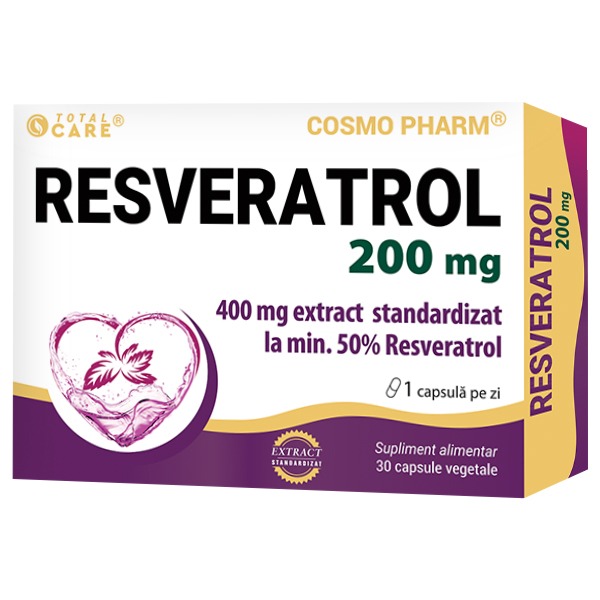
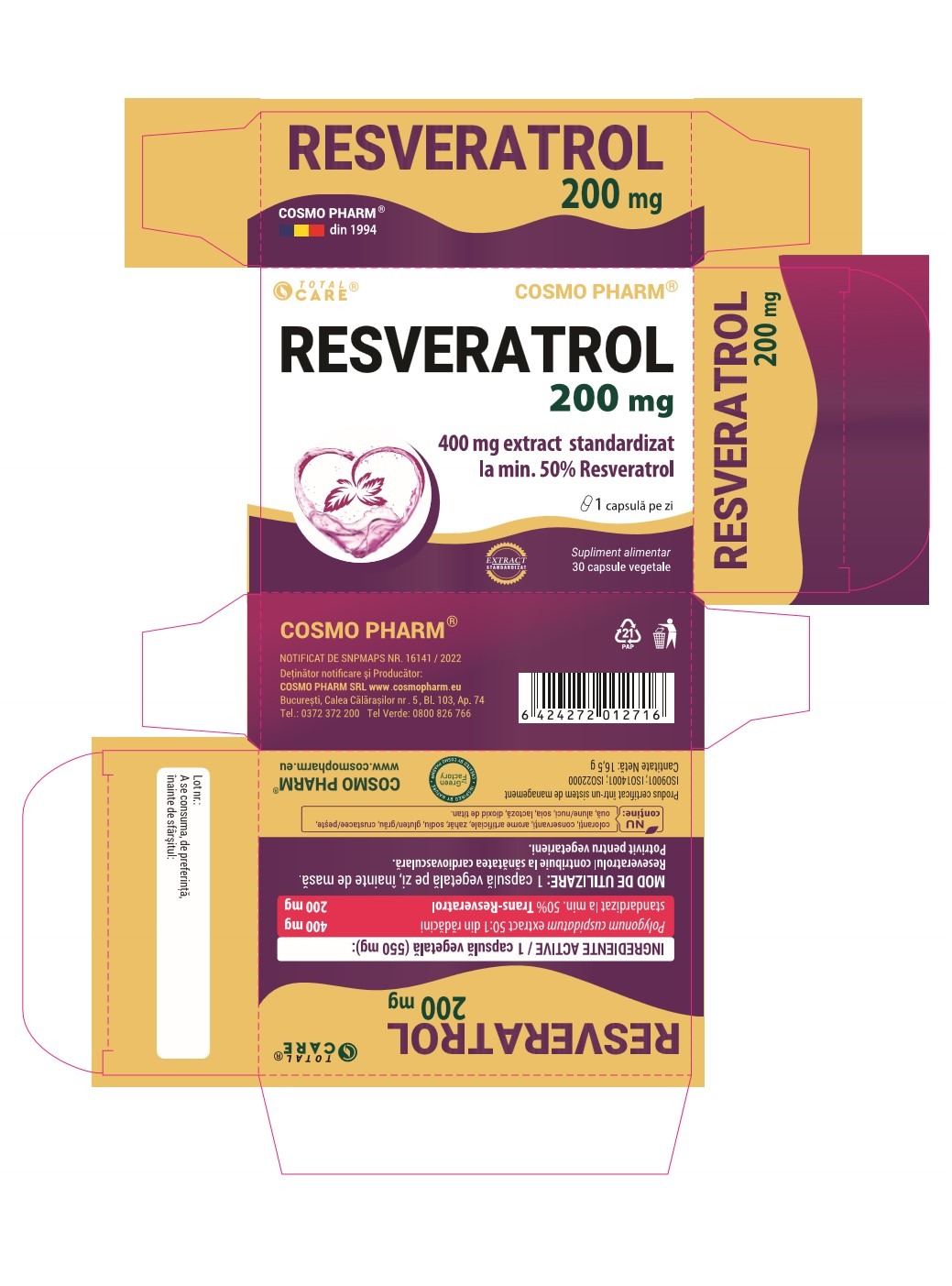
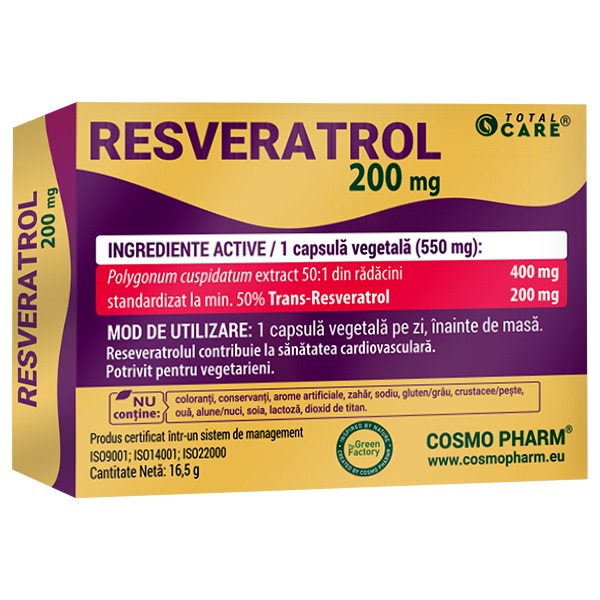
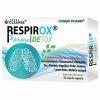
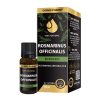
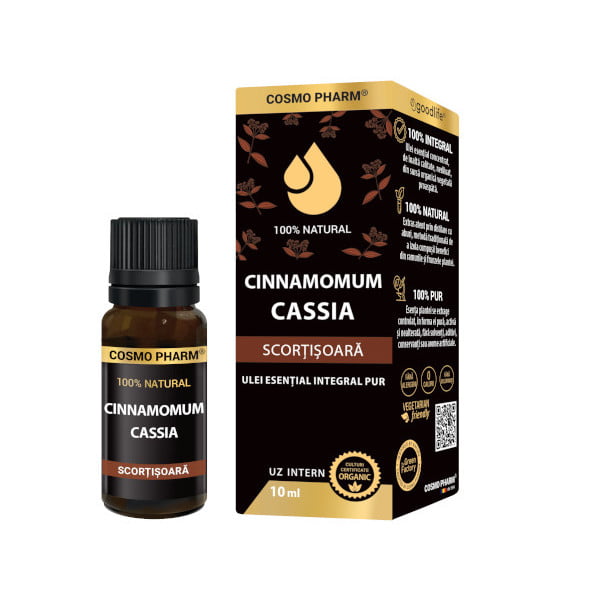
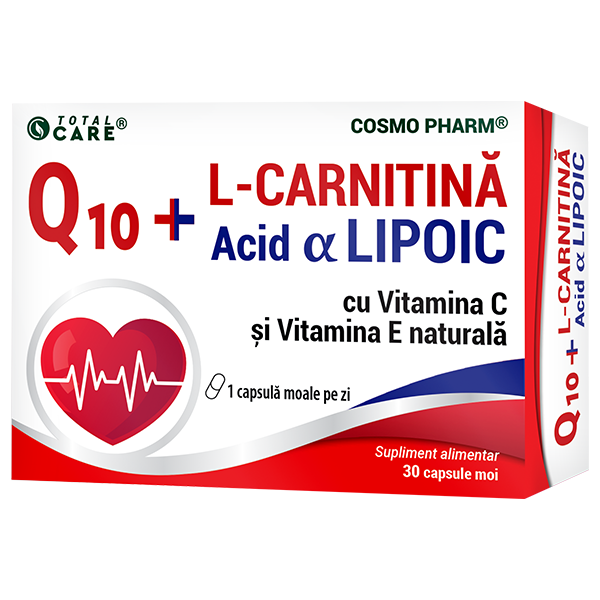
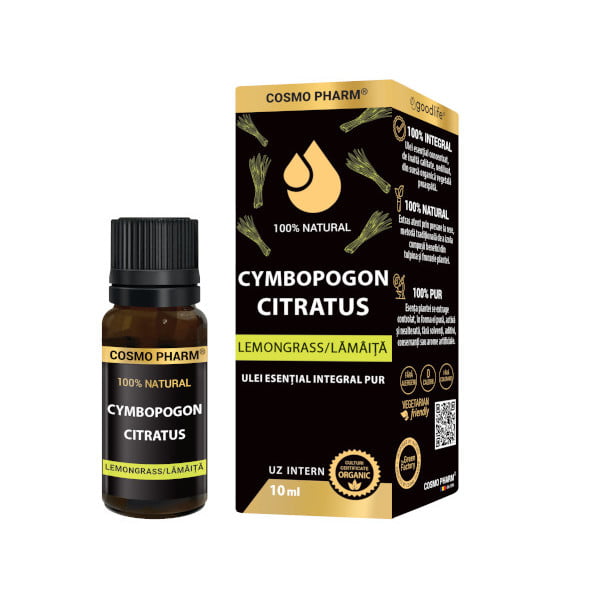
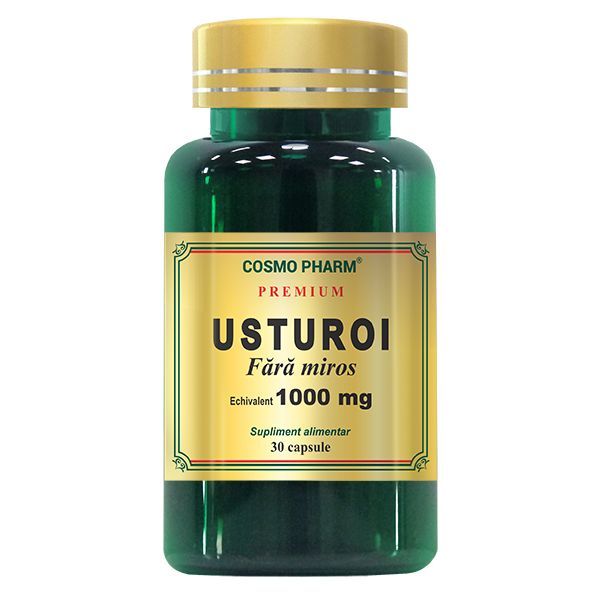
Reviews
There are no reviews yet.